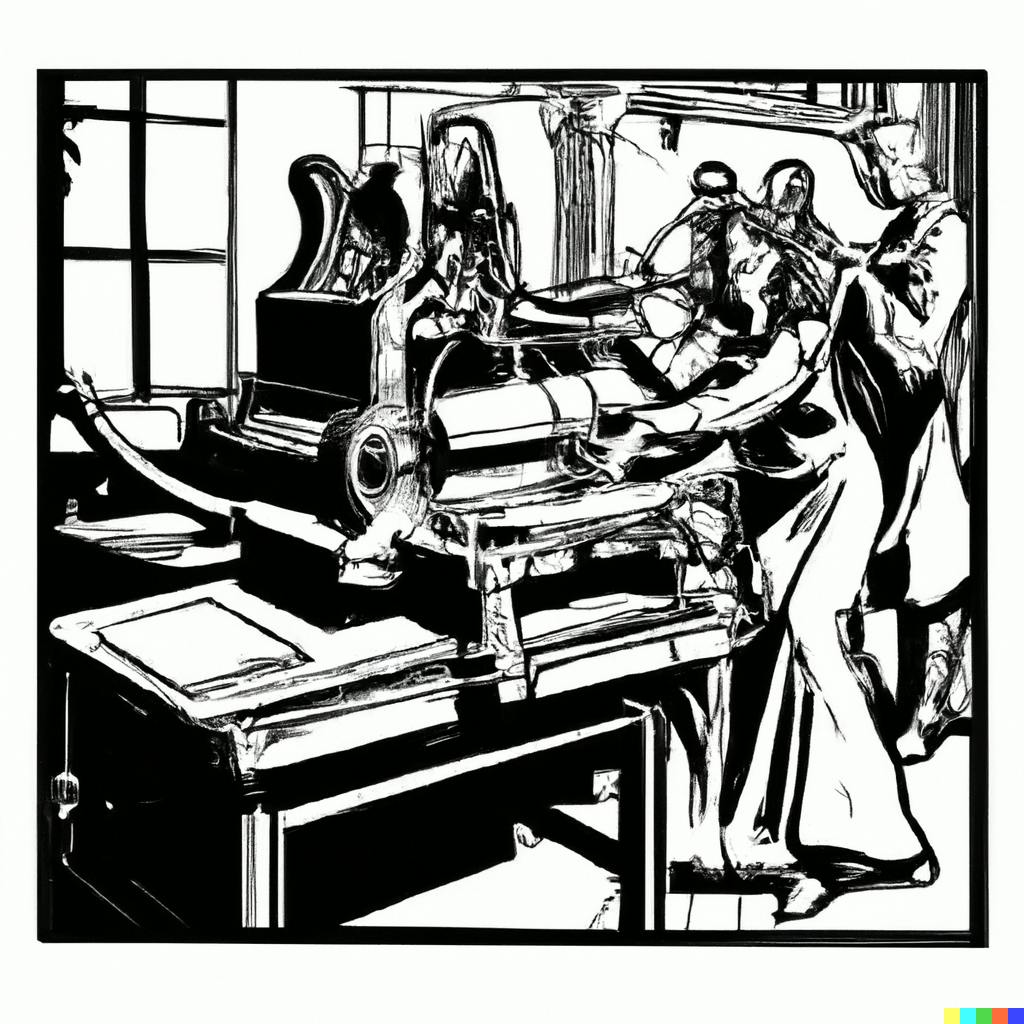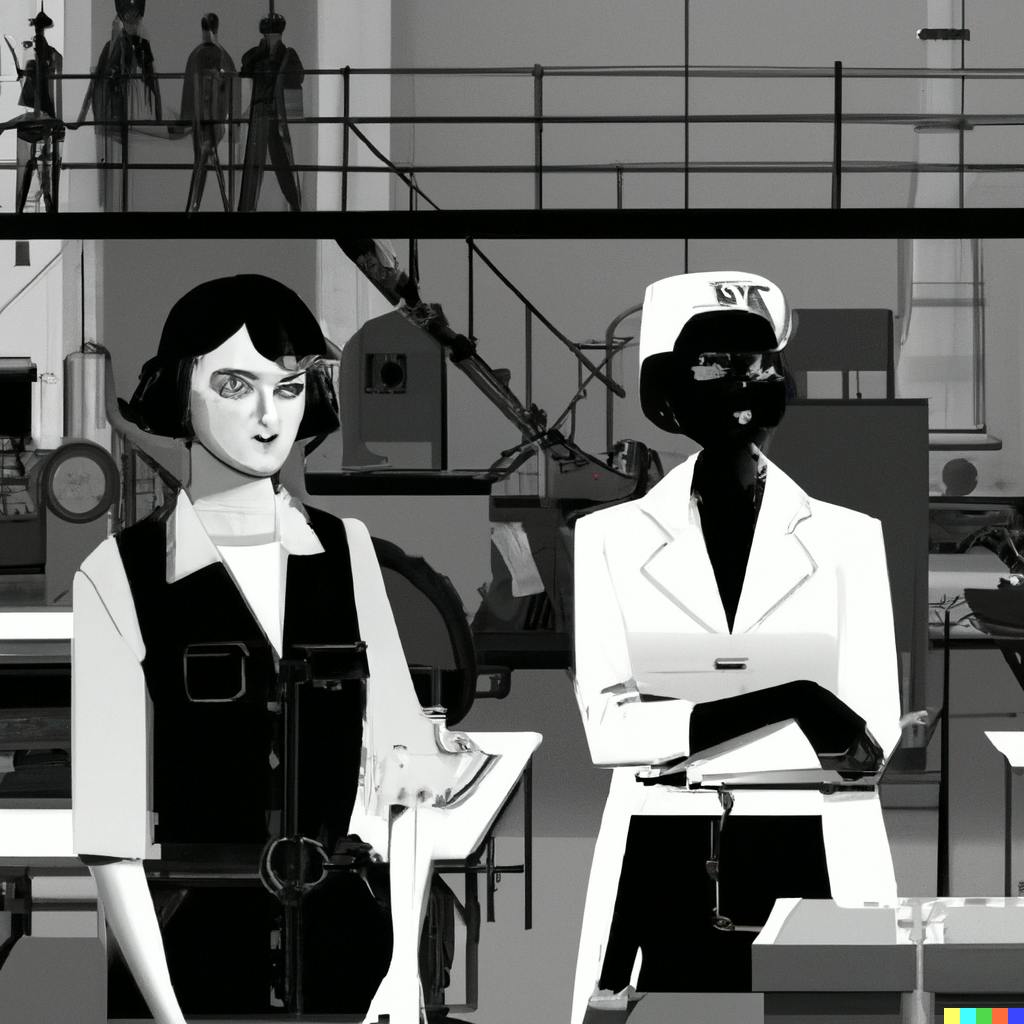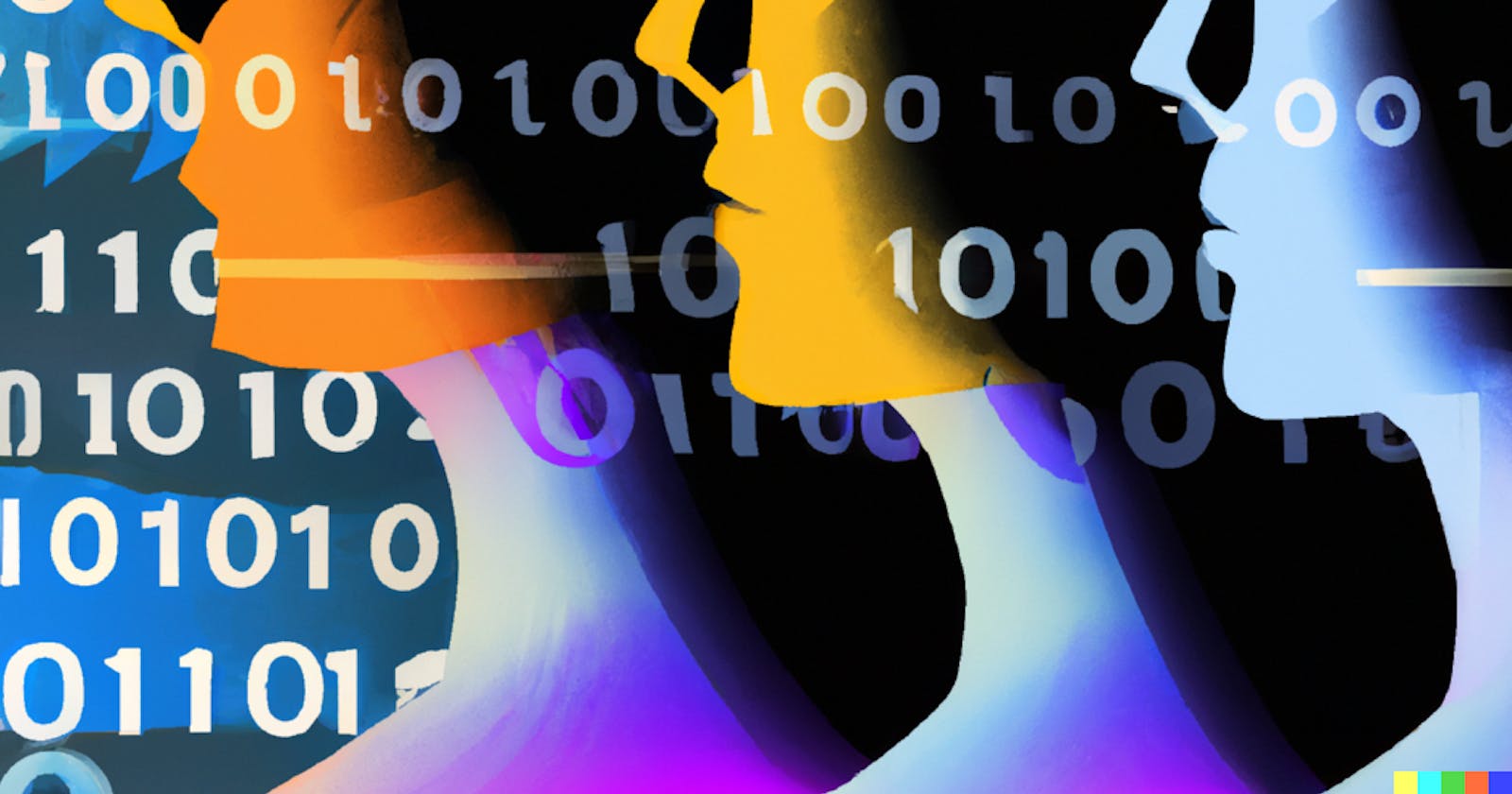A Tale of History: A Family Essay about AI Drama
A story about the times that humanity has reinvented itself...
The emergence of new tools based on artificial intelligence is raising concerns among an increasing number of people. Many wonder how much their already precarious jobs will last, which professions will disappear, and which areas of the economy will be most vulnerable to these new invaders.
And we should indeed be concerned, but to what extent?
Throughout our existence, we have constantly faced dilemmas like this. Just think of how Gutenberg's printing press took the 15th century by storm. Some predicted the loss of collective memory, as everything was now written on paper, and no one would remember anything to pass on to the next generations.
But what happened?
Indeed, minstrels gradually faded away, and by the early 16th century, they practically did not exist. But in their place, other trades and businesses related to printing emerged, which absorbed much of the surplus labor force.
Also, the number of people learning to read increased substantially, and the collective knowledge was put on much more permanent support than the human brain.

A similar phenomenon was the industrial revolution that occurred in 18th-century England. It brought changes in the economic and social structure, causing a massive exodus of rural workers to large cities, with the consequent precariousness of their living conditions.
However, we moved from a stagnant economy based on subsistence agriculture, artisanal production, and limited trade to a more dynamic one that guaranteed sustained growth. Just like with the printing press, jobs disappeared, but others emerged and absorbed the surplus labor force created in the process.
For much of the 20th century, especially after the disastrous wars in that humanity was involved, we saw an accelerated growth of these phenomena, now associated with computing. It is no secret that it has rapidly and unstoppably penetrated all spheres of society.
For years, the images of Chaplin's "Modern Times" became history in many factories as employees were replaced by automated robots that tirelessly performed the most tedious and dangerous tasks in the production sector.
Undoubtedly, it is a process not exempt from pain, where many people have had to reinvent themselves to move forward. Ancestral family traditions have disappeared, those where children learned their parents' trade and continued it from generation to generation.
Still, humanity has been able to overcome this process and benefit from the surplus production resulting from it.

Today, when the threshold of the future is the morning of the next day, where we need to be faster, more accurate, and more timely, AIs appear, and panic begins, as if collective memory had been lost after Gutenberg's printing press. New tools present new challenges, which we must resolve with everyone's effort.
Let us stop to analyze just one of the benefits:
One benefit of these tools is the possibility of freeing up a large number of qualified personnel and channeling them into areas where humanity has made little progress, such as combating diseases and researching the cosmos or the brain.
An important, albeit distant question, is how we will face the long-time anticipated destruction of the solar system when our sun ceases to exist. How much of the qualified labor force will be necessary to solve this crucial problem?
How many resources will be needed to implement possible solutions?
I leave you with those thoughts in mind. Let me know what you think about this topic, and let's start a fruitful discussion.
See you soon 👋
👋 Hello, I'm Alberto, Software Developer at doWhile, Competitive Programmer, Teacher, and Fitness Enthusiast.
🧡 If you liked this article, consider sharing it.

